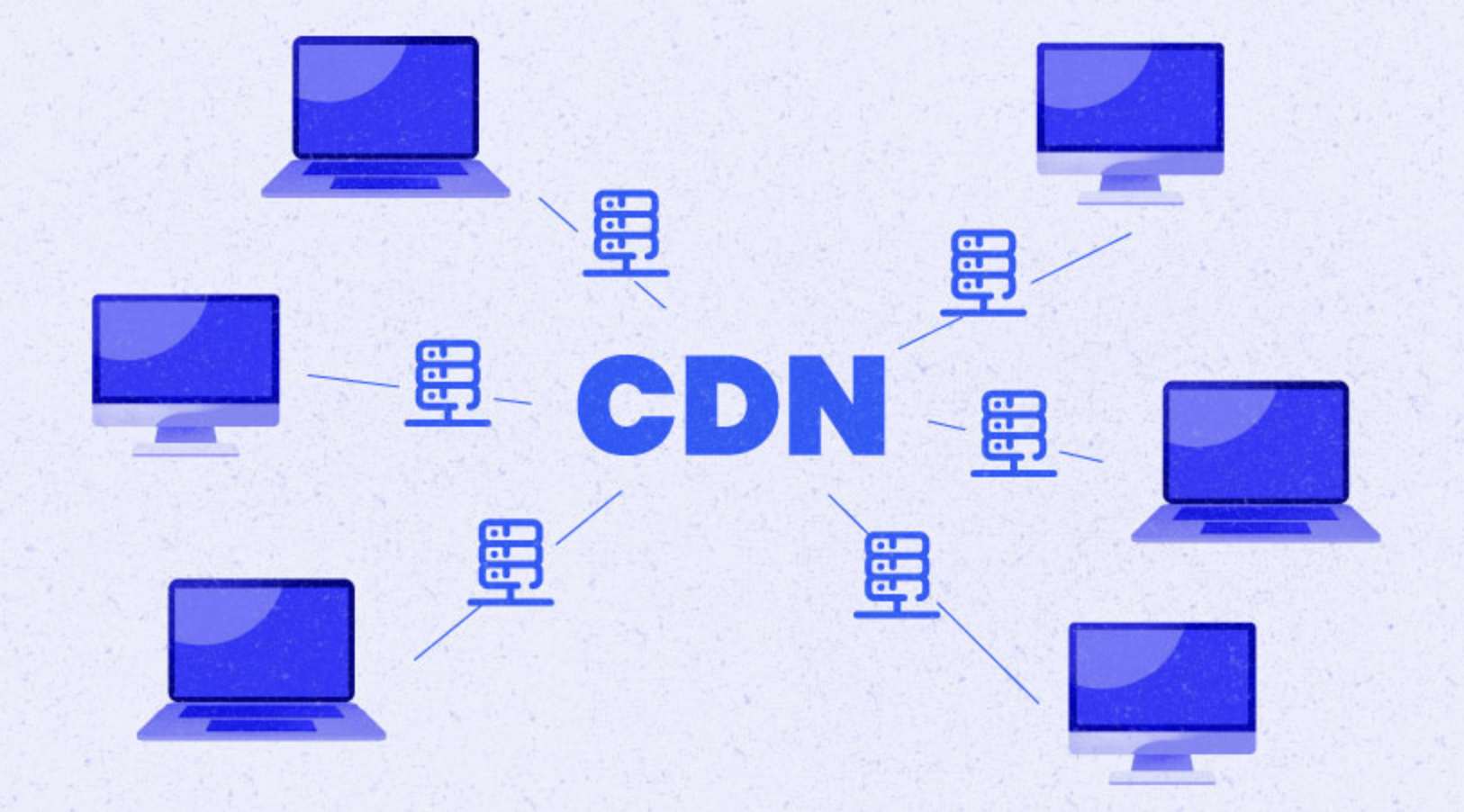CDN stands for Content Delivery Network. It is a network of servers located in different geographical locations around the world, which work together to provide fast and efficient delivery of website content, such as images, videos, and other static assets.
When a user requests content from a website, the request is routed to the nearest CDN server to the user’s location, instead of the origin server where the content is hosted. This reduces the distance that the content needs to travel and therefore reduces the time it takes to load the content. Additionally, CDN servers cache content, so subsequent requests for the same content can be served from the local cache, further reducing latency and improving performance.
CDNs are particularly useful for websites with a global audience, as they can help ensure fast and reliable content delivery regardless of where the user is located. They can also help reduce the load on the origin server, since much of the content is being served from the CDN cache instead.
Table of Contents
Why should you use CDN?
There are several reasons why you should use a CDN for your website:
Faster content delivery
CDNs reduce the distance that content needs to travel to reach users, resulting in faster loading times and a better user experience.
Improved website performance
Since CDNs can cache content, subsequent requests for the same content can be served from the local cache, reducing the load on the origin server and improving overall website performance.
Better scalability
CDNs are designed to handle high volumes of traffic and can scale up or down as needed, making them ideal for websites with fluctuating traffic levels.
Improved reliability
CDNs have multiple edge nodes located in different regions, which means that even if one node goes down, the content can still be served from another node.
Improved security
Some CDNs offer advanced security features such as HTTPS encryption and DDoS protection to help safeguard your website and content from attacks.
A CDN can help improve website performance, scalability, reliability, and security, resulting in a better user experience and improved website metrics.
Why Alibaba Cloud CDN is good?
Alibaba Cloud CDN is a good choice for several reasons:
High-performance: Alibaba Cloud CDN has a large number of edge nodes deployed in multiple regions around the world, which helps to ensure fast and reliable content delivery to users, even in remote locations.
Scalability: Alibaba Cloud CDN is highly scalable and can handle traffic spikes and high volumes of content without any performance degradation. This makes it an ideal solution for websites with fluctuating traffic levels or sudden spikes in demand.
Security: Alibaba Cloud CDN provides advanced security features such as HTTPS encryption and anti-DDoS protection to help safeguard your website and content from attacks.
Cost-effectiveness: Alibaba Cloud CDN offers a pay-as-you-go pricing model, which means you only pay for the amount of data transferred over the network. This makes it a cost-effective solution for websites of all sizes.
Integration: Alibaba Cloud CDN integrates seamlessly with other Alibaba Cloud services, such as Object Storage Service (OSS) and Elastic Compute Service (ECS), making it easy to set up and manage.
Alibaba Cloud CDN is a robust and reliable CDN solution that can help improve the performance and security of your website, while also keeping costs low.
Steps to use Alibaba Cloud CDN
To set up Alibaba Cloud CDN, follow these steps:
- Create an Alibaba Cloud account and log in.
- Activate the Alibaba Cloud CDN service.
- Create a CDN domain name by following the instructions provided in the Alibaba Cloud console.
- Verify the ownership of the domain by adding a CNAME record to your DNS settings.
- Configure the CDN domain settings, such as the origin server IP or domain name, cache rules, and HTTPS settings.
- Test your CDN configuration by accessing your website through the CDN domain name and verifying that the content is being served from the CDN edge nodes.
- Monitor the performance of your CDN by using the Alibaba Cloud CDN console, which provides real-time data on traffic, bandwidth usage, and other metrics.
- Optimize your CDN settings based on the performance data to ensure that your content is being delivered quickly and efficiently to your users.
- Consider using Alibaba Cloud’s other CDN features, such as edge computing and video-on-demand capabilities, to further enhance the performance and functionality of your website.

